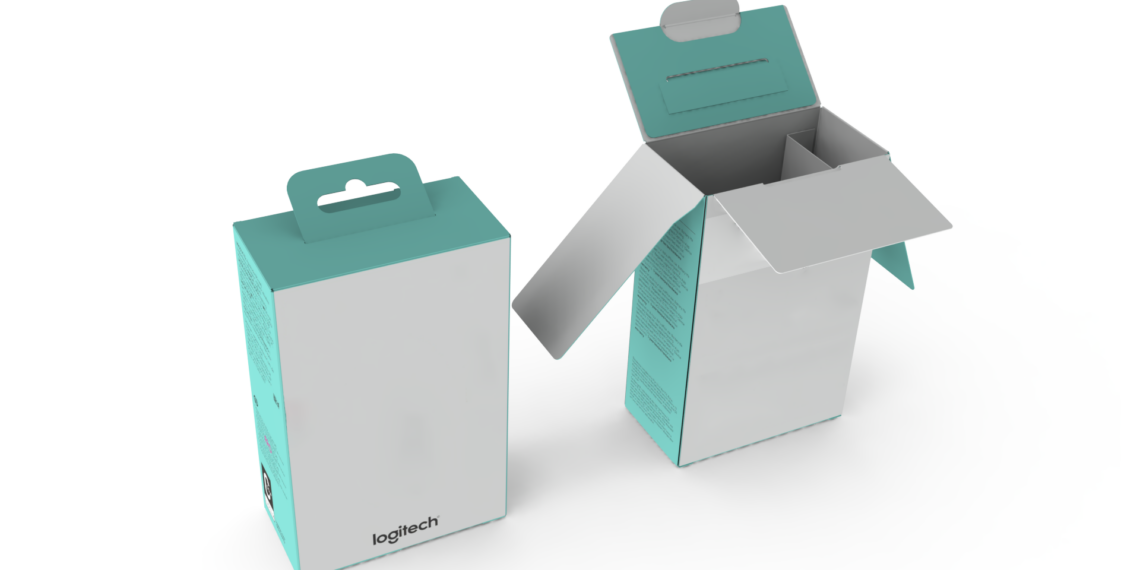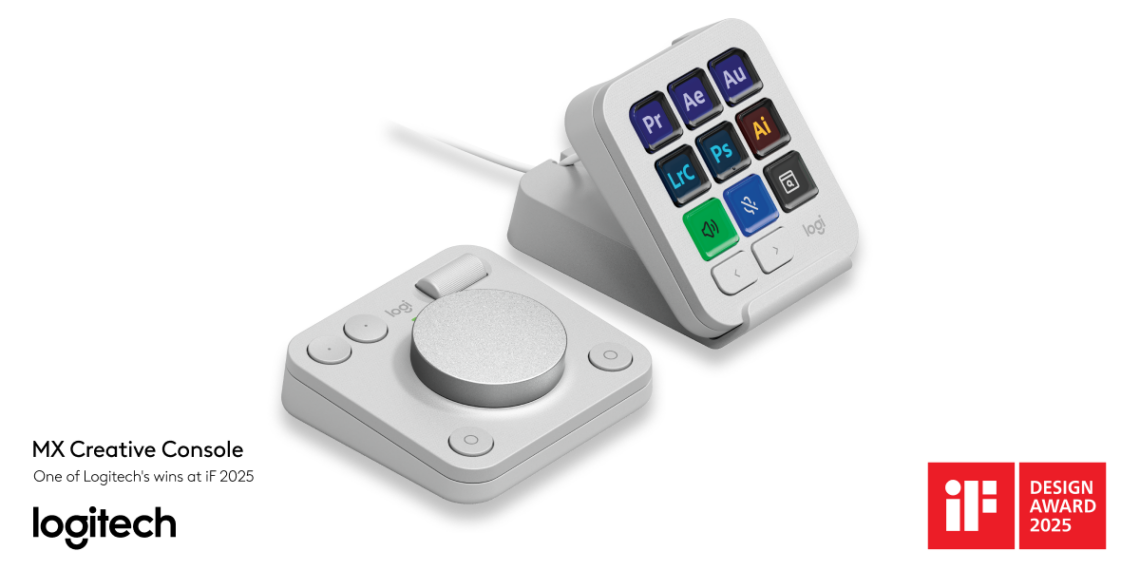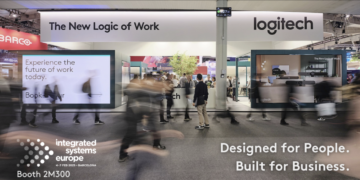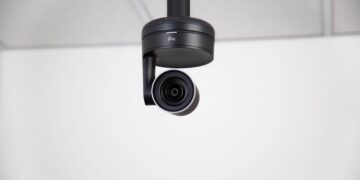
Breaking the Mold: How Logitech is Tackling Single-Use Plastic, One Package at a Time
Unboxing a new product is more than just opening a...

Logitech Wins Four iF Design Awards, Recognizing Design Excellence Across Categories
With strict criteria and a growing emphasis on sustainability, the...

Celebrating Role Models Who Are Shaping the Future of STEM
This International Women’s Day, we’re celebrating women breaking barriers in...

Logitech Online Ordering and Shipping Update (as of 3.6.25)
UPDATE AS OF 3.6.25 We would like to provide an...
WORK & PLAY
Related Posts
Join Our Newsletter
Copyright © 2024 by Logitech.
















